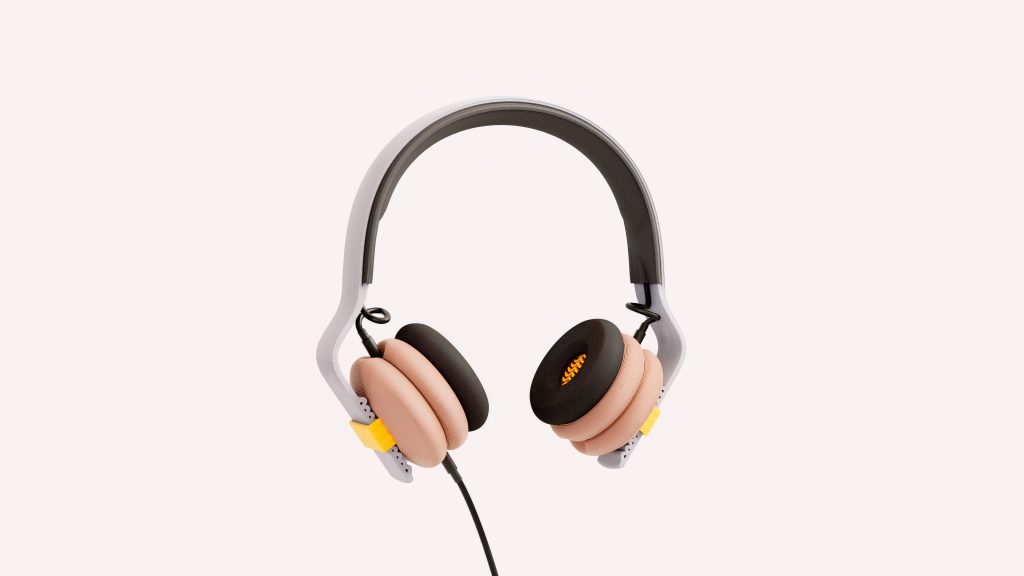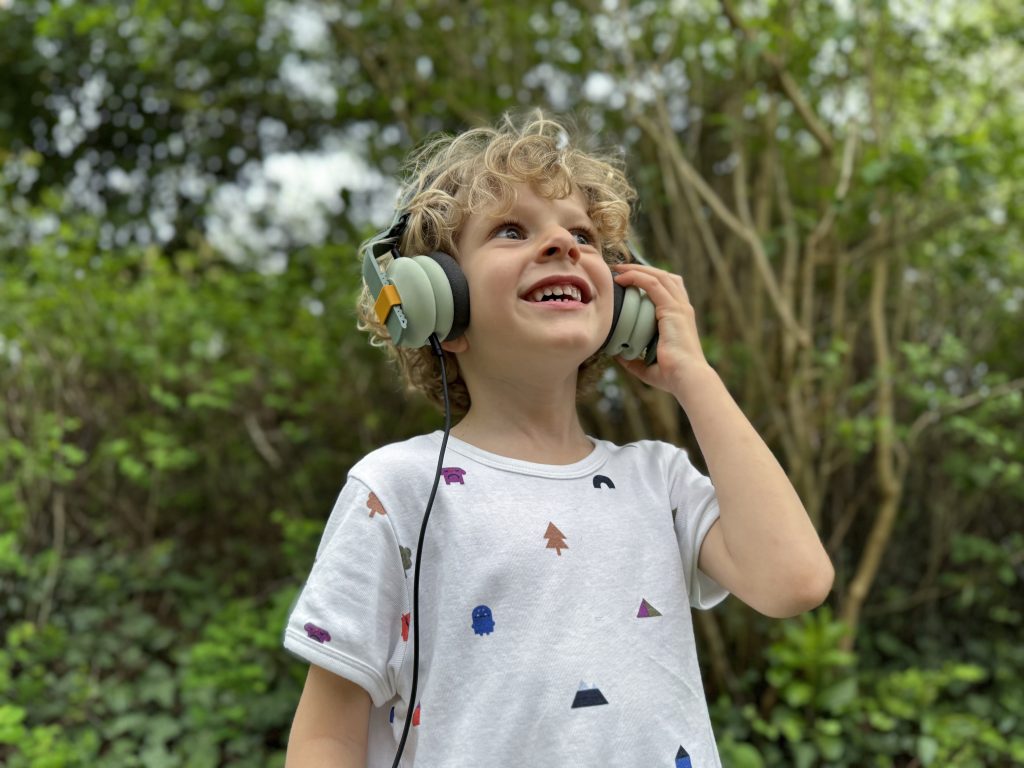London-based technology startup Kibu has launched its sustainable children’s headphones, challenging the notion of disposable consumer electronics.
Developed in collaboration with technology and manufacturing company Batch.Works and industrial design consultancy Morrama, the ‘Kibu Headphones’ prioritize sustainability and user involvement in its design and functionality. Priced at £49, the Kibu Headphones are designed to be assembled, repaired, and recycled by children themselves, emphasizing hands-on learning and environmental responsibility.
Pre-sales for Kibu Headphones started on April 10, with shipments expected to begin in July 2024. While available for purchase directly from Kibu’s website, the company is also exploring partnerships with retailers to expand accessibility to its innovative products.
“The Oxford Children’s Word of the Year for 2023 was ‘climate change’,” said Milo McLoughlin-Greening, Co-Founder at Kibu’s manufacturing partner Batch.Works. “Kibu proves to the new generation of responsible consumers that electronics don’t have to be disposable.”

Headphones as a means to promote learning
Utilizing 3D printing technology, these headphones are made from post-consumer waste, with over 70% of the components being recyclable. Kibu even offers a unique program where returned headphones are repurposed into new ones, further reducing environmental impact and promoting a circular economy.
Kibu places a strong emphasis on safety, as demonstrated by its Kibu Safety Engine, which limits sound levels to 85 dB to safeguard children’s hearing. Additionally, its Kibu Care service offers complimentary replacement parts for accidental damage, ensuring product longevity and adherence to warranty guidelines, which may offer reassurance to parents.
Designed by Morrama and manufactured by Batch.Works in Hackney, London, using recycled PLA derived from agricultural packaging waste, Kibu Headphones offer a bespoke experience for children. With customizable components and vibrant colors, these headphones combine sustainability with personalization, setting a new standard for eco-conscious consumer electronics, says the company.
Moreover, Kibu promotes social interaction and collaboration through features like daisy chaining, allowing multiple children to listen together from a single audio source. This not only fosters teamwork but also makes it an economical solution for classrooms and family outings.

3D printed headphones for personalized comfort and style
Additively manufactured headphones have been in the market for a long time now. Some examples include the launch of the launch of IE600 headphone housings by audio specialist Sennheiser in 2022. With a starting price of £599, Sennheiser’s IE600 headphone housings reportedly undergo 3D printing using AMLOY-ZR01 powder, allowing for the production of components with stringent tolerances.
On another front, Formlabs and NYC-based startup Normal collaborated to create custom 3D printed Rose Gold headphones, composed of investment-casted brass and 14K rose gold. Crafted using Formlabs’ Castable Resin, these headphones featured a sleek, snug fit tailored to the user’s ears. Custom designs, generated from three ear photos, were swiftly printed in less than two days at Formlabs’ NYC factory.
Elsewhere, French design student Maxime Loiseau showcased innovative 3D printed headphones at New York City’s Design Week. Named “Roll to Roll Headphones,” these headphones feature a minimalist design with only eight parts, utilizing techniques like plastic welding and embossing instead of traditional manufacturing methods. Inspired by the “roll to roll” electronics process, the headphones prioritize simplicity and material efficiency. Utilizing piezoelectric cells for sound, they achieve comparable quality to conventional speakers.
What 3D printing trends do the industry leaders anticipate this year?
What does the Future of 3D printing hold for the next 10 years?
To stay up to date with the latest 3D printing news, don’t forget to subscribe to the 3D Printing Industry newsletter or follow us on Twitter, or like our page on Facebook.
While you’re here, why not subscribe to our Youtube channel? Featuring discussion, debriefs, video shorts, and webinar replays.
Are you looking for a job in the additive manufacturing industry? Visit 3D Printing Jobs for a selection of roles in the industry.
Featured image shows Kibu Headphones have been designed and manufactured so that kids can build, repair and recycle them easily, fostering a sustainable mindset from an early age. Photo via Kibu.



